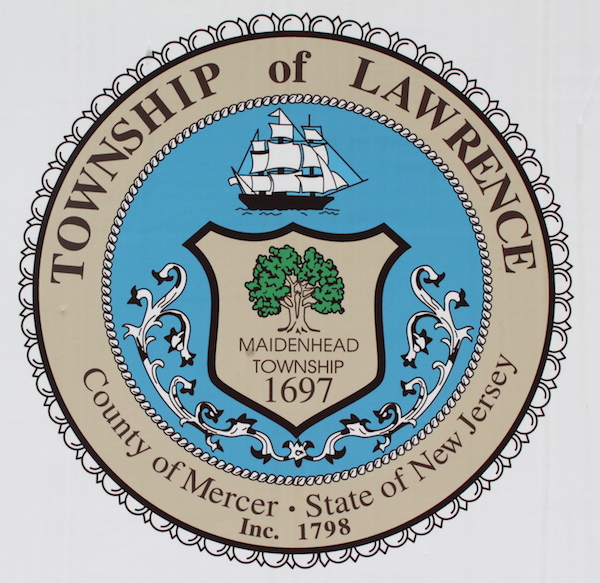Lawrence Township Historian Brooke Hunter will highlight women’s civic involvement in Lawrence Township over the past 100 years when the Lawrence Historical Society’s annual meeting is held on Feb. 23.
The meeting, which starts at 2 p.m., will be held in the Commons at Lawrence High Schoo, which is locatedl at 2565 Princeton Pike.
Hunter, who is history professor at Rider University, will draw the connection between women’s civic engagement and the 100th anniversary of the 19th Amendment to the U.S. Constitution, granting women the right to vote.
New Jersey legislators approved the 19th Amendment on Feb. 10, 1920. It was ratified on Aug. 18, 1920 and was added to the U.S. Constitution.
Women in New Jersey had the right to vote through the 1776 New Jersey Constitution, according to www.law.com. The state constitution granted the right to vote to “inhabitants,” which was interpreted to mean women and blacks.
The 1776 New Jersey Constitution stated that single women who owned property valued at 50 pounds or more – the currency of the day – were eligible to vote.
The Constitutional provision was implemented by statute, until that statute was repealed in 1807, according to www.law.com. No one challenged the repeal of the statute, and the 1844 New Jersey Constitution reinforced the denial of women’s and blacks’ right to vote.
In 1887, women were allowed to vote in school board elections, but that right was taken away from them in 1894. Proposed amendments to the New Jersey Constitution to give women the right to vote were defeated in 1897 and 1915.
And all the while, a national movement was afoot that attempted to ensure that all women would be given the right to vote. Some of the leaders in the movement had ties to New Jersey.
Alice Paul, who was born in Mount Laurel, was one of the national leaders in the movement to grant women the right to vote.
Paul founded the National Women’s Party in 1916. She picketed, along with members of the group, in front of the White House in 1917 to make the point. They were jailed, and Paul went on a hunger strike.
Lillian Feickert is not as well known as Alice Paul, but she also advocated for women’s right to vote.
Feickert, who lived in North Plainfield, became active in the fight for women’s rights in 1908. She joined the New Jersey Woman Suffrage Association.
Feickert was elected to the president’s post at the New Jersey Woman Suffrage Association in 1912, and held it until 1920, when the group became the League of Women Voters in 1920.
The League of Women Voters, which has state and local chapters, was created to help American women exercise their newfound right to vote.

